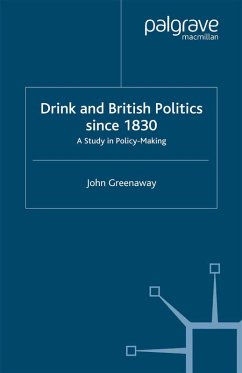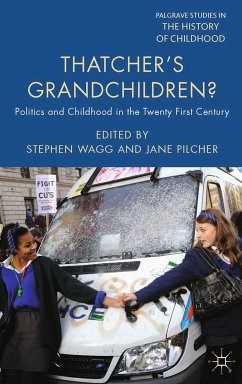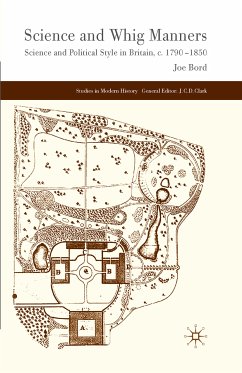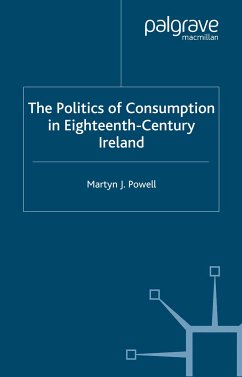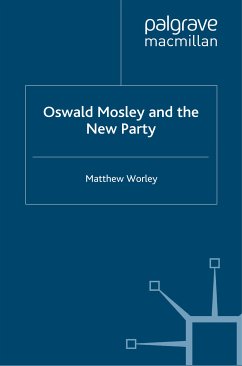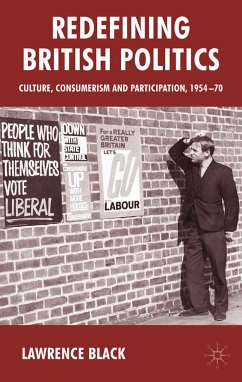
Redefining British Politics (eBook, PDF)
Culture, Consumerism and Participation, 1954-70
Versandkostenfrei!
Sofort per Download lieferbar
40,95 €
inkl. MwSt.
Weitere Ausgaben:

PAYBACK Punkte
20 °P sammeln!
A history of 1950s and 1960s British political culture, Redefining British Politics interrogates ideas, movements and identities bordering social and political change: consumer organisations; campaigns about TV, morality and culture; Young Conservatism; and how party politics used media like TV and was represented in popular culture.
Dieser Download kann aus rechtlichen Gründen nur mit Rechnungsadresse in A, B, BG, CY, CZ, D, DK, EW, E, FIN, F, GR, HR, H, IRL, I, LT, L, LR, M, NL, PL, P, R, S, SLO, SK ausgeliefert werden.




